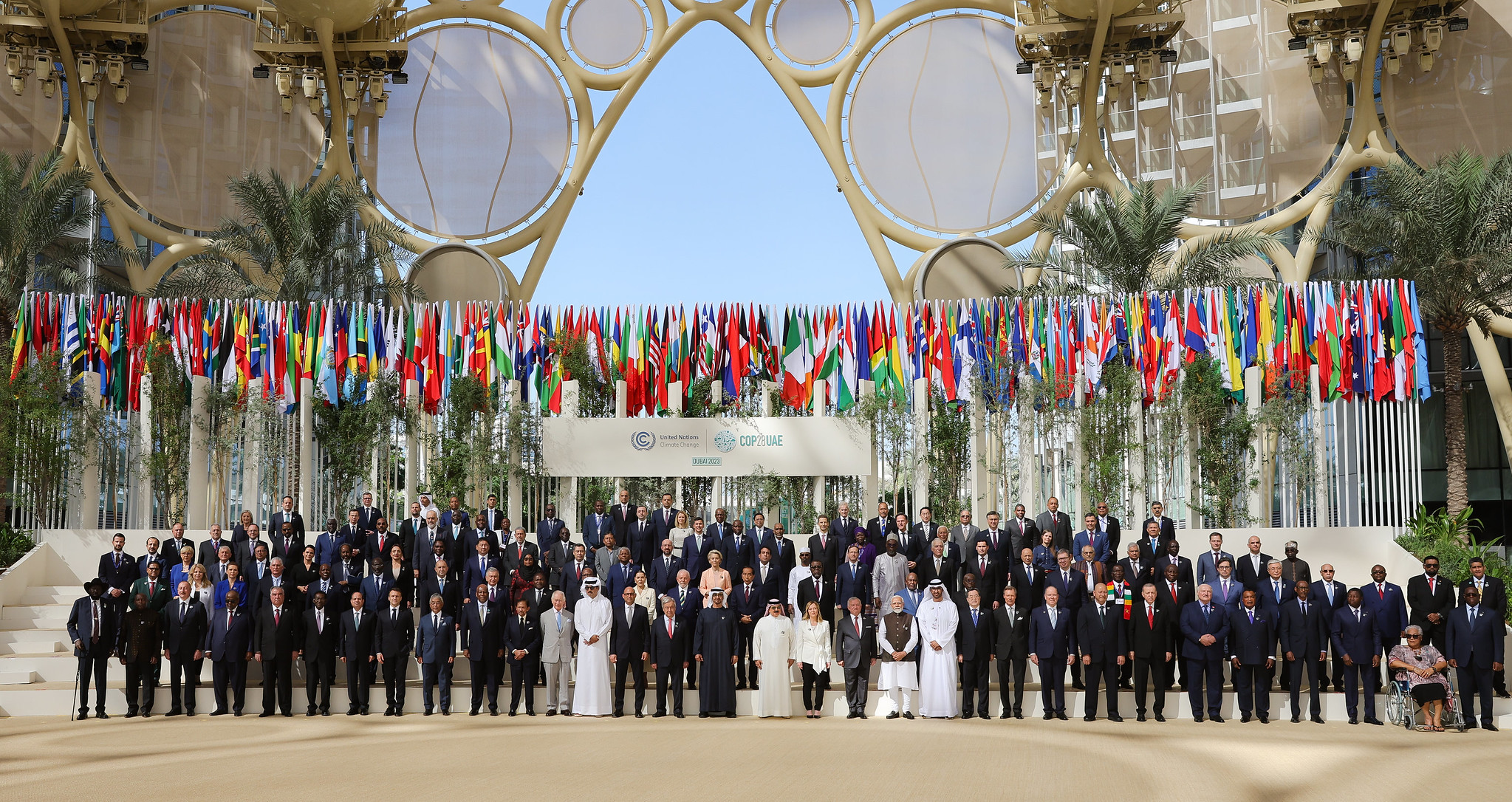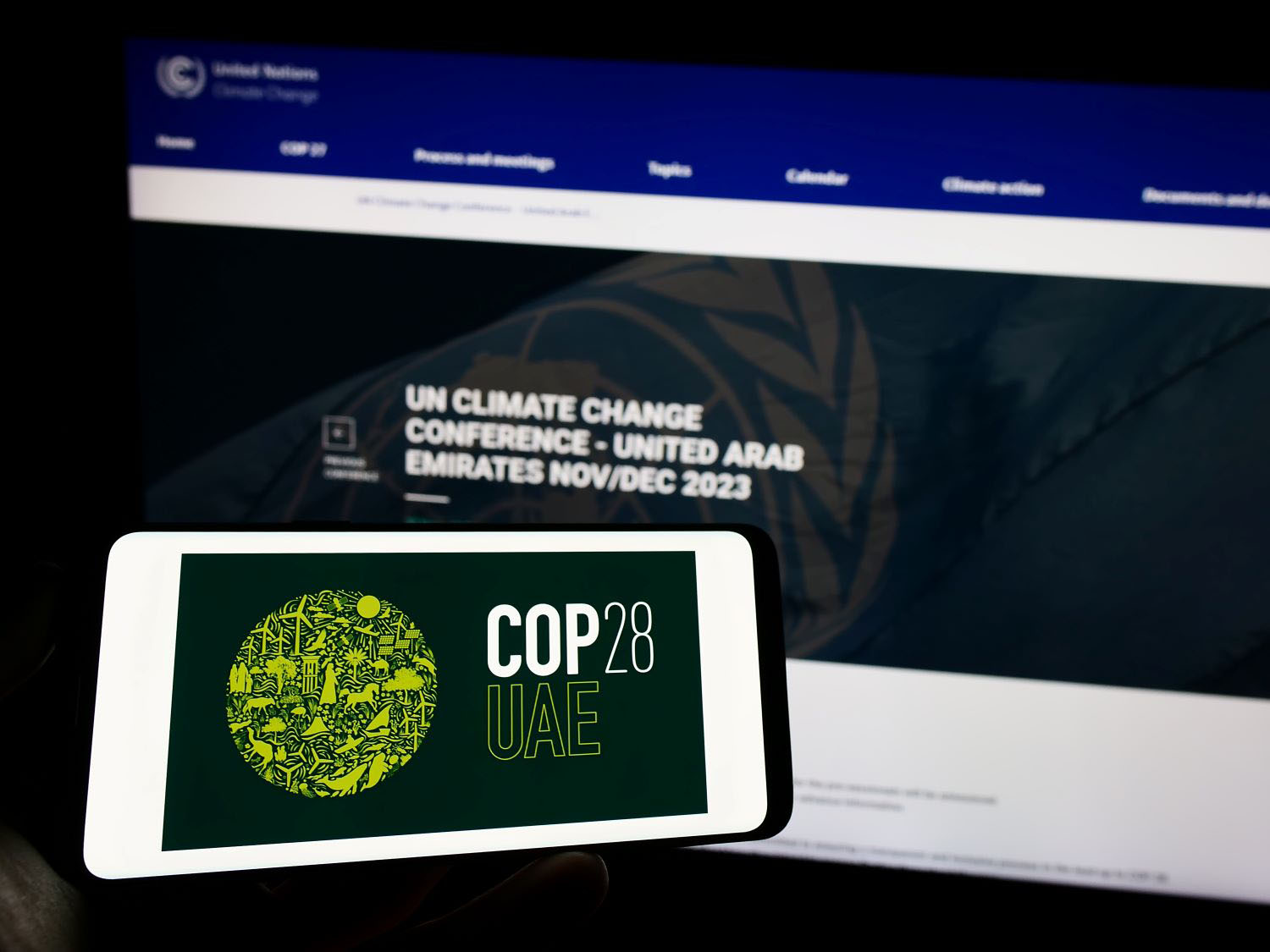Each year, developing country governments enter legally binding commitments to buy billions of dollars’ worth of electricity from private power producers. If they do it right—using a competitive process to select a producer to provide electricity for which there is clear demand at an affordable price—these deals can be a boon to development. But all too often, these projects don’t follow good practice regarding planning and competition. And, increasingly, multilateral development banks including the World Bank Group are providing finance to deals done wrong.
Reliable electricity is a vital part of the package of infrastructure services that underpin economic growth. Firm surveys in the developing world suggest problems with power are a major constraint to performance. But providing reliable electricity is complex and expensive: large power plants can be billion-dollar investments. As a result, a growing number of cash-strapped developing countries are signing power purchase agreements with electricity providers to shift investment costs to the private sector.
Multilateral development banks including the World Bank have clear guidelines on how to ensure governments and citizens get the most out of this kind of private participation in infrastructure. Those guidelines emphasize a detailed plan for capacity growth that generates transparent and competitive processes for selecting suppliers for needed power. Good practice is to avoid “unsolicited bids,” when suppliers offer to construct a power plant and governments negotiate with that supplier alone over terms and prices.
Guidance on unsolicited projects produced by the World Bank Group suggests they “face many challenges, ranging from explicit allegations of misuse of public resources, corruption, fraud and poor quality of the resulting infrastructure assets and/or services, to lack of competition.” I have noted before that a range of other World Bank Group guidance to countries includes a strong presumption in favor of competition and methods to introduce competition when a country receives an unsolicited proposal from a private firm to provide services. That advice is based in part on years of bitter experience with unsolicited power deals providing overpriced, unreliable power that doesn’t match demand, and that have led to long, expensive court battles.
Multilateral development banks don’t only provide advice, of course: they also finance power plants linked to power purchase agreements. Given the mounting evidence of the harms of unsolicited bids, development finance would usually be ill-used in such deals. Indeed, the World Bank’s regulations regarding investment projects suggest only in “exceptional circumstances” will the bank agree to non-competitive public-private partnership selection. But an analysis of data from the World Bank’s own Private Participation in Infrastructure Database suggests instead a growing role for development finance in power projects increasingly linked to unsolicited bids.
The PPI database reports on power projects with private participation across the developing world. Taking the last 10 years of data on projects which report the megawatt capacity of the power plants financed, we can divide projects into unsolicited versus solicited projects and look at particular projects that involved multilateral development banks. The data suggests that during a period of declining private investment in power projects in developing countries, unsolicited bids have grown as a proportion of the total megawatts financed. Multilateral development banks have become more important as a source of finance but they, too, have increasingly embraced unsolicited bids.
The total megawatts of capacity financed as part of power purchase agreements across developing countries has fallen from 36,060 megawatts in the period 2010–2014 to 20,741 megawatts in 2015–2019. Across years, the average percentage of that capacity that was unsolicited was 26 percent in the 2010–14 period, climbing to 31 percent between 2015 and 2019. Multilateral development banks were involved in an average of 15 percent of power purchase deals by volume in the earlier period, climbing to 34 percent between 2015–19. But the proportion of capacity that was unsolicited in the deals they helped finance climbed from 21 percent in 2010–14 to 40 percent in 2015–19. Multilateral development banks do worse than the industry average when it comes to financing unsolicited power projects, and they are getting even worse over time.
The trends are similar for the International Finance Corporation: greater involvement, increasingly in unsolicited power deals—which accounted for an average of 37 percent of the megawatts it co-financed between 2015 and 2019. I’ve previously noted two recent examples that also involve subsidized financing from the International Development Association: the Upper Trishuli dam in Nepal and the Mazar-e-Sharif power project in Afghanistan. In both cases, the projects have involved rule changes negotiated with the government—exactly the kind of special treatment and backroom dealing that gives unsolicited projects a bad name.
It is time for multilateral development banks including the World Bank Group to start practicing what they preach. The World Bank is right that unsolicited power projects have a poor track record of delivering development outcomes, so development agencies should only fund them under the most exceptional circumstances—not as a matter of course.
CGD blog posts reflect the views of the authors, drawing on prior research and experience in their areas of expertise.
CGD is a nonpartisan, independent organization and does not take institutional positions.





